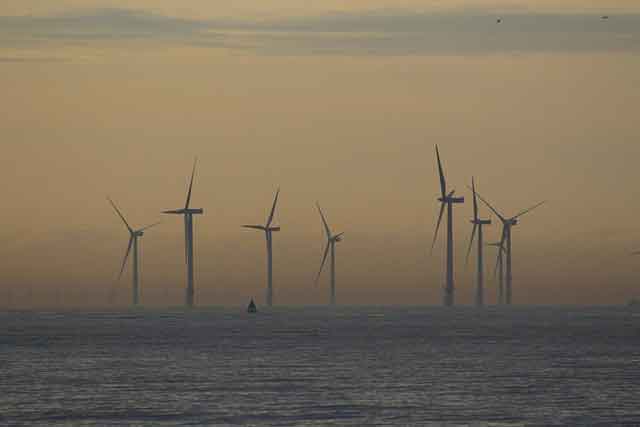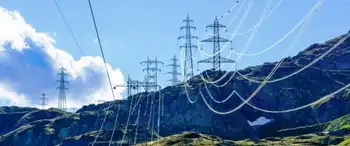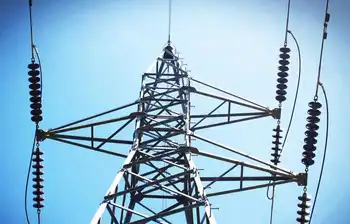Turbines to generate 200 jobs in Windsor
Reg Adams, president of EarthTronics Inc., based in Muskegon, Mich., would not confirm Windsor as the location, but said the planned facility will be 7,400 square metres and create roughly 200 jobs.
"We're in the process of working out final details," said Adams, adding that an announcement will be made in mid-September.
A source close to EarthTronics said the company is in advanced discussions with the Ontario government, which will offer a grant as part of a deal to lure manufacturing to Windsor.
It will be welcome news for a city that has been pummeled by the decline of Ontario's auto sector. Nearly 15 per cent of Windsor's population is out of work, giving it the highest jobless rate in the country, according to Statistics Canada.
Leigh-Ann Popek, a spokeswoman for Sandra Pupatello, the province's minister of economic development and trade, would say only that the ministry is "familiar" with EarthTronics. Pupatello represents Windsor West, a riding hit hard by the auto-sector decline.
EarthTronics, through a separate private company called WindTronics, is expected to produce about 5,000 turbine systems a month in full production. The system will be marketed and sold as the Honeywell Wind Turbine as part of a licensing agreement with technology giant Honeywell International.
The small-turbine market in Canada has been overshadowed by its larger cousins, those megawatt-scale machines that some people consider aesthetically offensive and a public health hazard.
Small turbines, despite being less intrusive, have proven a hard sell because they are often noisy and don't provide enough energy to justify their cost.
EarthTronics says its system is quiet, free of vibrations and can capture energy in wind speeds as low as 2.6 kilometres per hour – far lower than conventional small turbines. Adams said this efficiency is a direct result of the turbine's radical design, making it more economical than other products on the market.
"We're measuring right now about double the output at the same wind speed at about half the price, compared to the competition," he said.
Conventional turbines have three blades that spin a central shaft when they catch the wind. The shaft is connected to a gearbox and then an electrical generator. Getting the shaft to overcome the resistance of the gears requires a wind speed of 10 km/h or more.
Imad Mahawili, former executive director of the renewable-energy centre at Grand Valley State University in Michigan, came up with the idea of turning a turbine inside out. He designed a turbine with 20 replaceable blades that are enclosed in a wheel. He lined the rim of the wheel with magnets and surrounded the wheel with a stationary outside enclosure.
As the wind turns the blades, the magnets on the outside of the wheel spin inside the enclosure, effectively turning the entire structure into an electrical generator. The design takes advantage of the fact that the magnets near the tips of the turbine blades are spinning nine times faster than the centre shaft, eliminating the need for a gearbox.
EarthTronics is negotiating distribution with major Canadian retailers, such as Home Hardware. The system will likely cost about $5,000, excluding installation, said Adams, adding that Ontario's "aggressive plan" for green energy is what attracted the company.
Related News

Tackling climate change with machine learning: Covid-19 and the energy transition
LONDON - The impact of Covid-19 on the energy system was discussed in an online climate change workshop that also considered how machine learning can help electricity planning in Africa.
This year’s International Conference on Learning Representations event included a workshop held by the Climate Change AI group of academics and artificial intelligence industry representatives which considered how machine learning can help tackle climate change.
Bjarne Steffen, senior researcher at the energy politics group at ETH Zürich, shared his insights at the workshop on how Covid-19 and the accompanying economic crisis are affecting recently introduced ‘green’ policies. “The crisis hit…




